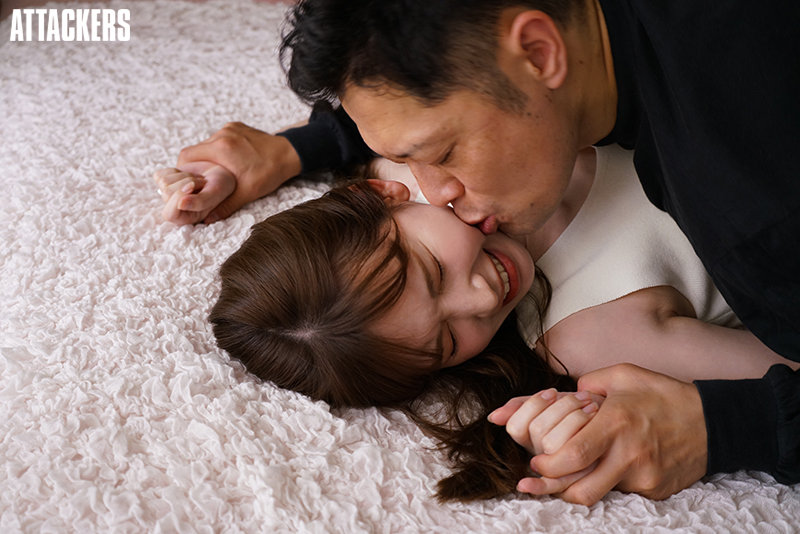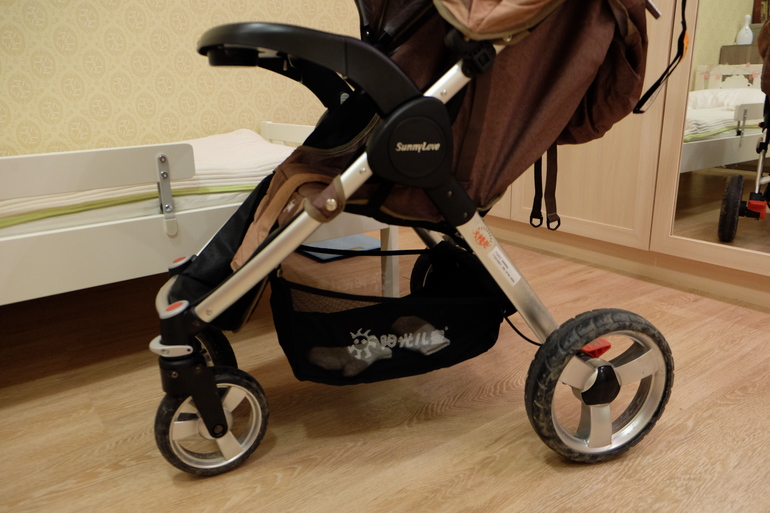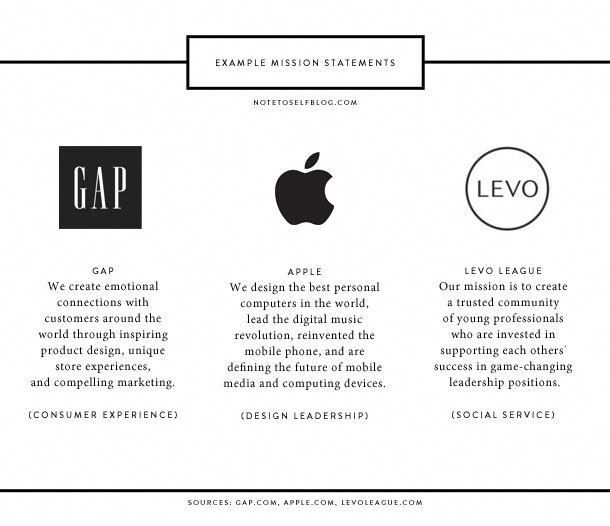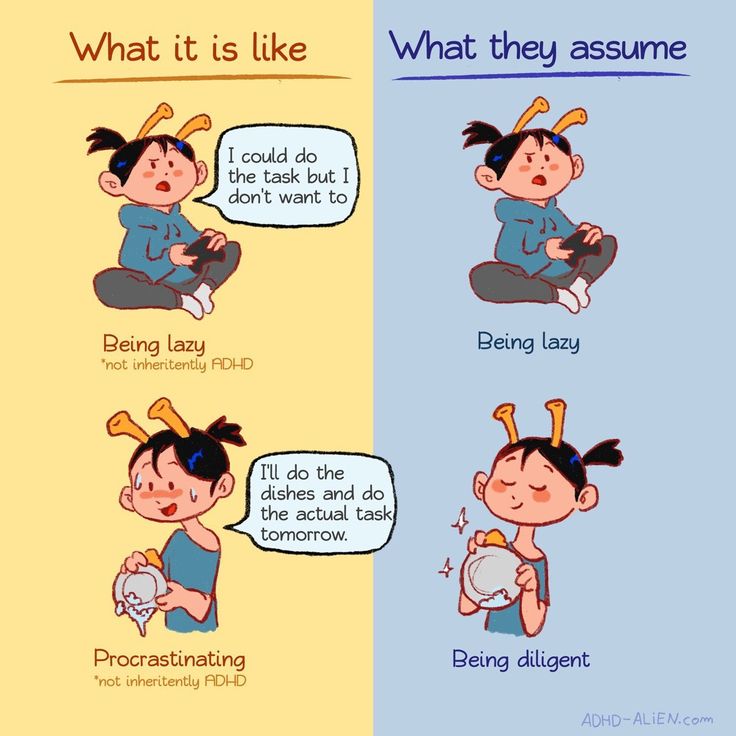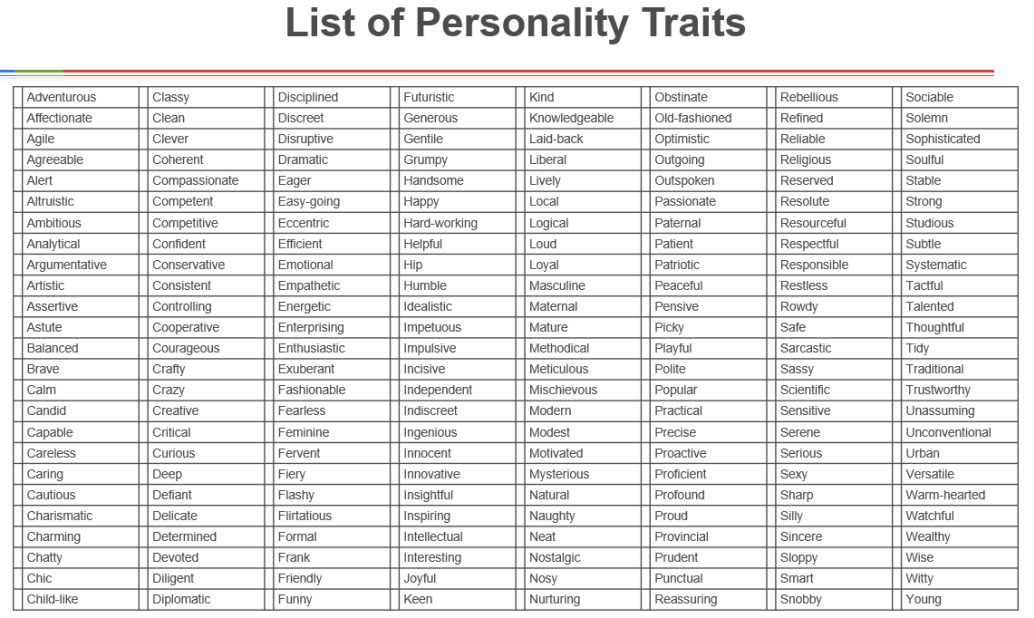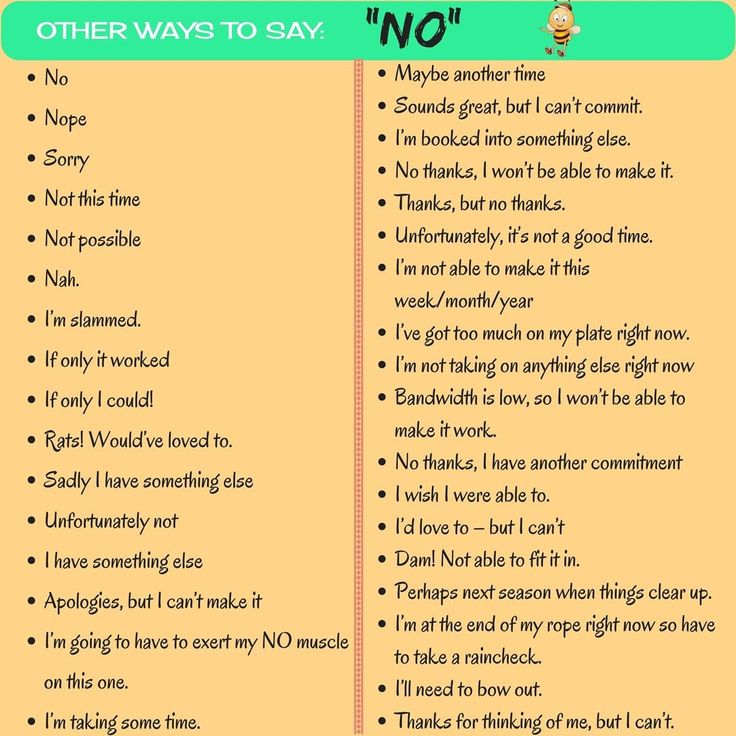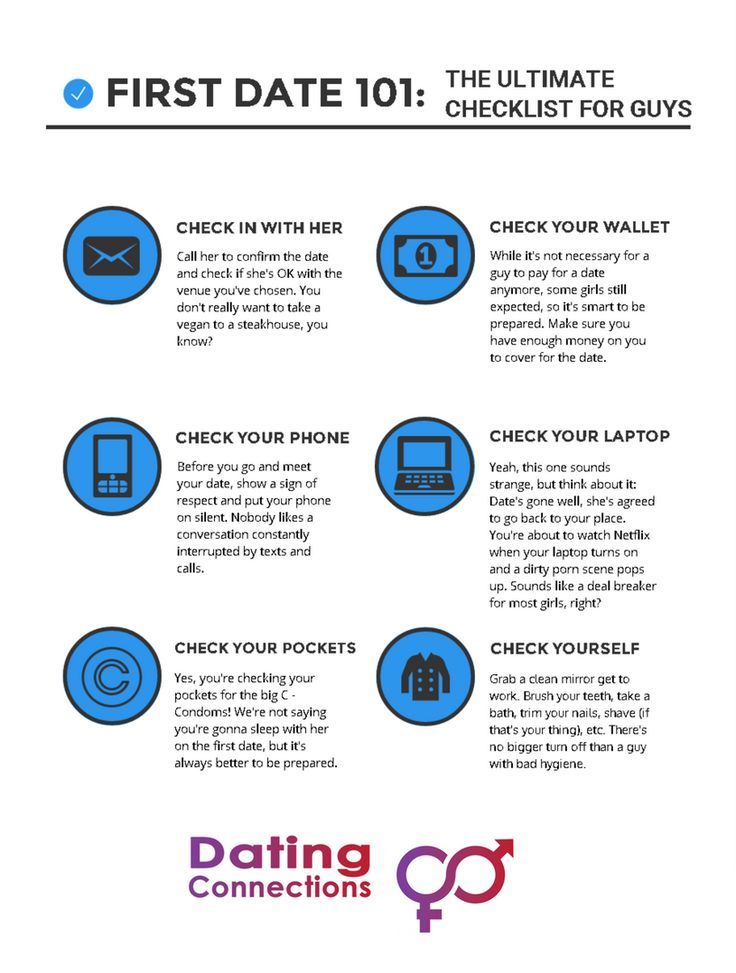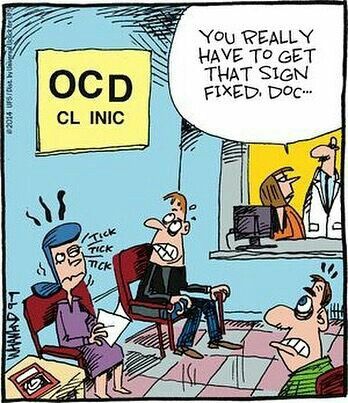How to get through emotional pain
9 Ways to Cope with Emotional Pain
Skip to contentGet Started Now
April 6, 2016
Written by Rachel Eddins
Posted in Emotional & Mental Health, Emotional Eating & Body Image and with tags: binge eating, emotional health, emotional regulation, self care, self-compassion
You find yourself suffering emotionally and looking for anything to help ease the emotional pain. What can you do? Perhaps you could turn to alcohol to numb the pain. Or you might use food to cope and over time start binging.
You might decide to buy something new to distract yourself.
Shopping, food, and alcohol aren’t a problem on their own in moderation, but when any of them become your primary coping strategy it can lead to more stress than relief.
What are some better options to cope with emotional pain?
How to Deal with Emotional Pain
Emotional pain is at the root for the majority of reasons people seek out therapy.
Emotions can lead to distressing thoughts such as “what if” thoughts or judgment thoughts (towards the self – sadness, or others – anger.)
They can also make us feel uncomfortable physically (chest pain, fatigue, tension, stomach ache).
And they lead to emotion-driven behavior such as avoidance, withdrawal, aggression, etc, which can perpetuate the cycle of emotional pain.
Changing your experience with overwhelming emotions starts with changing your behaviors – how you think and how you act and letting go of some old coping mechanisms that no longer work.
Why is it so Hard to Cope with Emotional Pain?
Emotions are useful. They help us adapt. We can’t control, stop, or get rid of them.
However, what nature intended as a warning signal can blow up when we avoid them, push them down, numb or use coping strategies that push them aside temporarily.
What we resist, persists.
Negative emotions are a signal that something is wrong or threatening and push us to cope. Here’s a brief summary (click here for a longer list of emotions and their function):
Here’s a brief summary (click here for a longer list of emotions and their function):
Anxiety – pushes us to avoid dangerous situations.
Anger – drives us to fight back against threats, damage, and hurt.
Sadness – encourages us to slow down and withdraw, to seek quiet time for processing a loss, or to recalibrate our efforts after a failure.
Shame – demands that we hide and stop doing what might result in disapproval.
Research shows that some of our coping behaviors contribute to emotional pain. If you find yourself engaging in behaviors such as overeating, excessive TV watching, shopping, drinking, etc, you may find it hard to deal with emotional pain.
You are doing the best you can to cope, but the emotional issue is still there. It’s just postponed or numbed. Unfortunately, it comes back when it’s not addressed.
Nine Ways to Cope with Emotional Pain1.
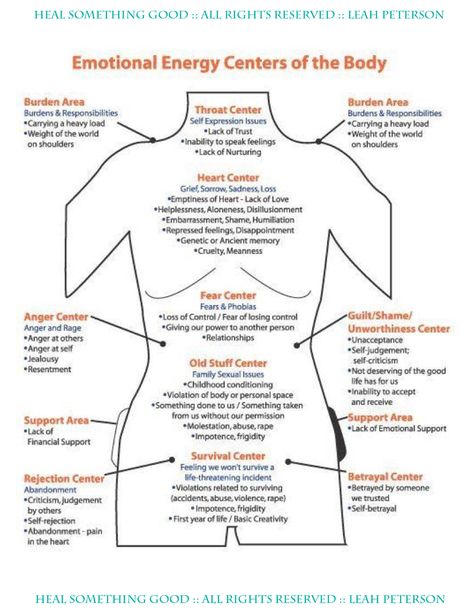 Find a New Hobby
Find a New HobbyPick up a new hobby, something that you’ve always wanted to try or maybe something that you already know you love but haven’t made the time for. Love to read books? Borrow a book from the local library or purchase one on your tablet and start reading!
Do you enjoy looking at other people’s scrapbooks? Start one of your own! Create a vision board and paste images of everything that speaks to you. Use this to help you identify your interests and passions.
2. Move Your BodyWhile suffering from emotional pain you may not even want to get out of bed. Unfortunately, this can contribute to greater heaviness and depression.
Instead, go for a short walk around the block. Stand up and stretch. Do a short beginner yoga video online (doyogawithme.com is one to try). Dance to uplifting music in your living room.
Any type of physical movement can help you release the pain from your body. It feels counter-intuitive, you don’t have the energy to move, so how can moving help? Yet, moving when you’re feeling down can give you energy and lift your spirits. It can also help mobilize your nervous system giving you energy.
It can also help mobilize your nervous system giving you energy.
Learn more about this simple strategy to cope with trauma.
3. Don’t RuminateDon’t torture yourself by fixating on what caused the pain you’re suffering from. What has happened has already been done and cannot be undone.
Going over it again and again in your mind will only make things worse for you.
If you need to, ask yourself, what can you do now? What control do you have over the situation?
Watch out for shaming and blaming yourself as well.
If nothing can be done, your only and best choice is to simply to accept what is and allow yourself to feel what you feel.
It can be helpful to process your feelings with a friend, therapist or even write them out in a journal. When you access your feelings it can help you shut off your mind.
4. Stop Telling the StoryYou may think that you’re no longer worrying about what caused the pain, but as soon as there is an open ear willing to listen, you find yourself retelling the story.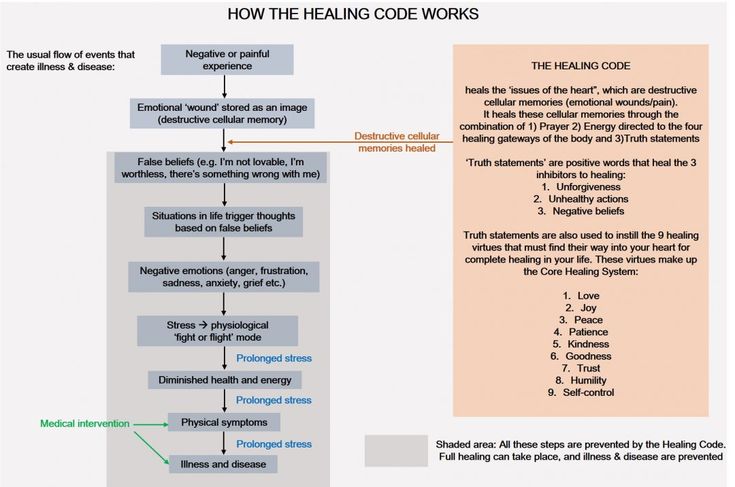
At first this can help, but at some point you have to stop telling the story as you’re just opening up the wound again.
Rather, focus on where you are now. What have you overcome? What resources have you used to get past the emotional pain?
Rather than venting, sink deeper into your most primary feelings about the situation and allow yourself to really experience them. Sometimes, we get caught up in our secondary emotions around pain such as anger or anxiety, while blocking our most primary and important feelings, such as hurt or sadness.
Sometimes, while counter-intuitive, you can experience relief when allowing your most primary and painful emotions to express themselves. This is the emotion regulation strategy of name it to tame it.
Simply acknowledging and verbalizing what we feel can allow the feeling to dissipate (this is heavily backed by research. It works!)
5. Start Keeping a JournalDid something good happen to you today? Write it in your journal along with a comment about how you’ll overcome this.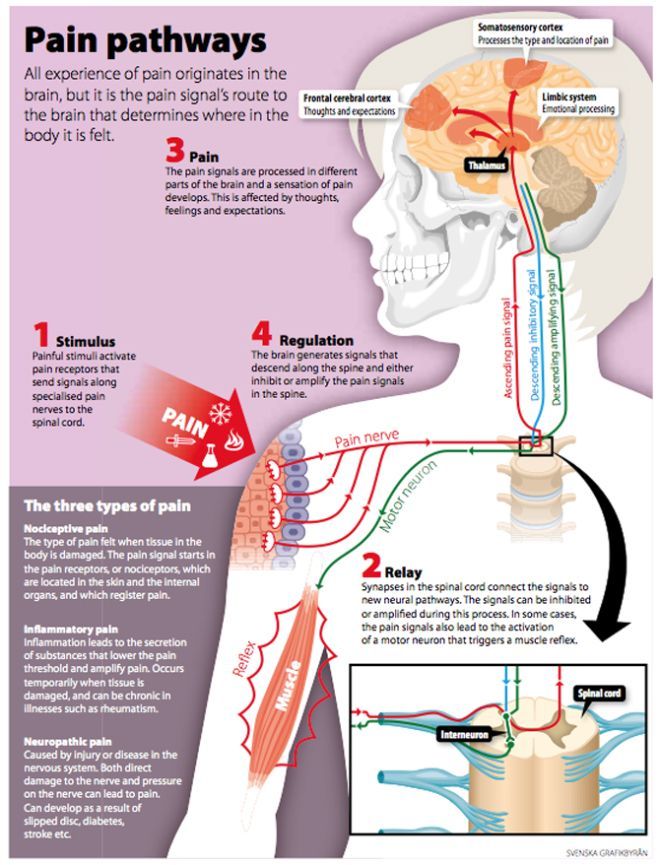
Something like, “I feel like I will have trouble trusting again. However, I know that one person out of the millions that surround me every day caused this. There will be others worthy of my trust. This one person wasn’t deserving of my trust, anyway.”
6. CryHave you been fighting back the tears? Don’t. Let them go.
Crying has health benefits such as releasing toxins from your body and relieving stress.
Meanwhile, bottling up such emotions can only poison your body and mind.
Actually, this is true. When we suppress or block our emotions, our body uses physical strategies such as constricting muscles, altering breathing and so forth. These behaviors over time can lead to physical symptoms with digestion, chronic pain or immune related issues.
If you find it difficult to cry, try watching a movie that has similar themes to the pain you’re in.
7. Open Yourself to Others, Let Them InDoes it hurt you to see your loved ones suffering? The same goes for your loved ones when they see you suffering.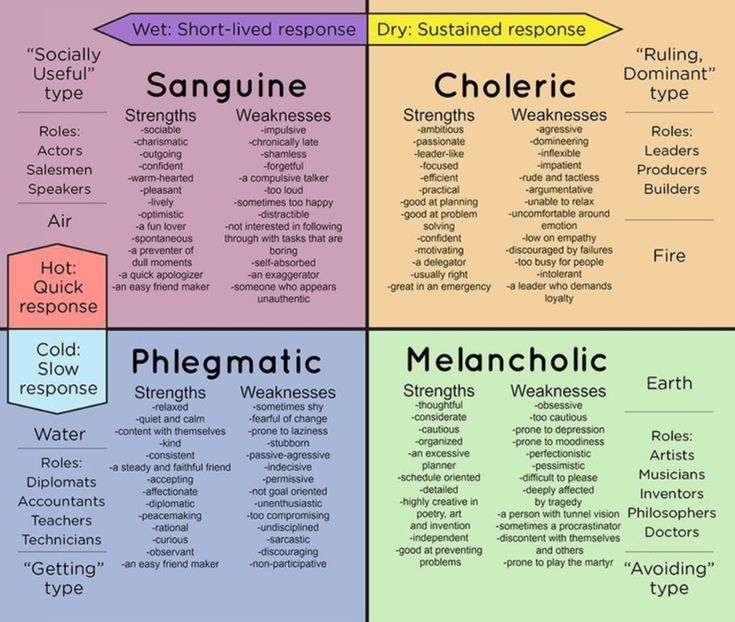
Don’t lock yourself up in your room and avoid others. Let them in, it benefits both them and you. Humans are social creatures, isolating yourself ends up exacerbating your pain.
Connection is the antidote.
8. Make a List of What You’re Thankful ForWrite down everything that is good and positive. Are you thankful for your loving mother? Your supportive father? Even something like having a roof over your head counts. Write it all down and reflect upon it.
Practicing gratitude can give you perspective. The point is not to disregard negative emotions. It’s important to allow yourself to feel and experience those as well. Rather, the point is to also recognize the good. Sometimes, we can get caught up focusing on what’s “wrong” and lose sight of all the “what’s right.”
A nice individual or family ritual to keep a gratitude jar. At the end of the day each person writes one thing they’re grateful for a slip of paper and places it into the jar.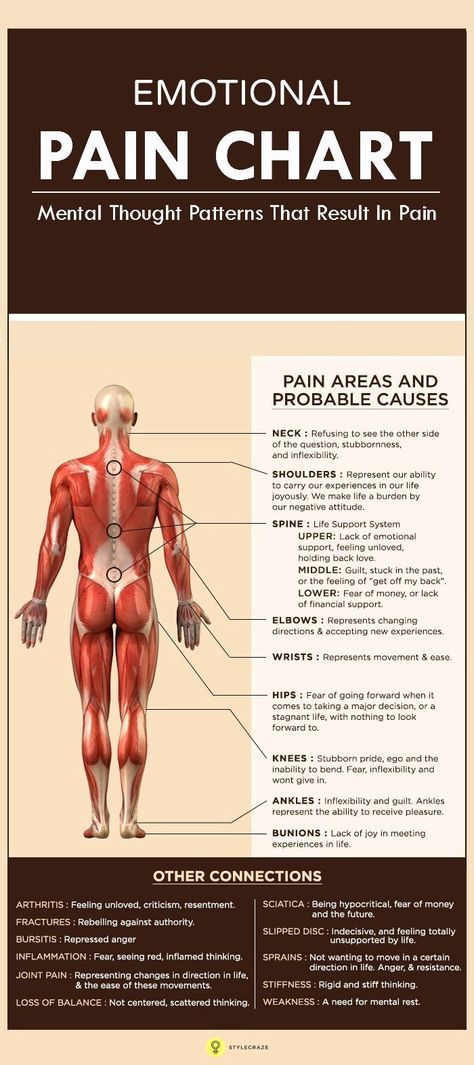 At the end of the month/year you can open and read them together or whenever you need to remember the good things.
At the end of the month/year you can open and read them together or whenever you need to remember the good things.
When. you are struggling with emotional pain, take a moment to simply NAME what you are feeling.
Research shows that naming our feelings can relax the intensity of what we are experiencing. Thus, name it to tame it.
For help with identifying your feelings, use our feelings chart. To take it to the next step, use your feelings to identify what you need most.
See a ProfessionalSometimes a therapist is needed to help when the emotional pain is just too much and you can’t get a grasp on it. There is nothing wrong with this, sometimes these painful events in life are just too much to expect a person to bear.
If you’ve experienced trauma, painful events can be experienced in your body as scary and overwhelming. You may need to learn self-soothing and containment skills first.
We Can Help You Find a Therapist
Begin the changes you are yearning for! We want to help you create a new life and relationship to your emotions that is positive and hopeful.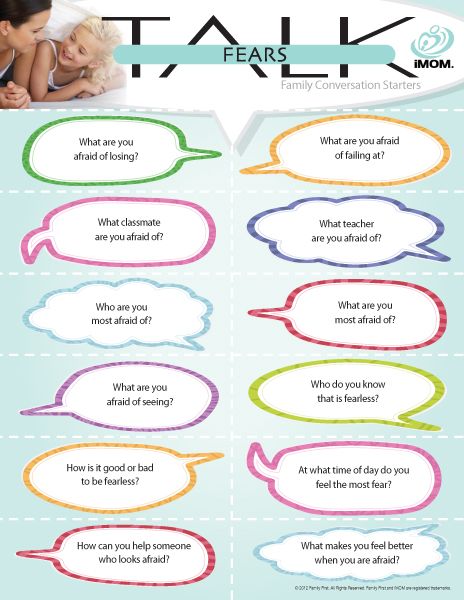 If you’d like to get help with compulsive behaviors such as binge eating or learn how to cope with emotional pain whether due to trauma, anxiety or depression, contact us. You can reach us at 832-559-2622 or schedule an appointment online.. We look forward to hearing your story and helping you find ways to soothe your pain.
If you’d like to get help with compulsive behaviors such as binge eating or learn how to cope with emotional pain whether due to trauma, anxiety or depression, contact us. You can reach us at 832-559-2622 or schedule an appointment online.. We look forward to hearing your story and helping you find ways to soothe your pain.
Learn How to Make Peace with Food
If you find yourself eating when you’re not hungry to soothe, comfort, or distract from pain, we have a program for you! Our make peace with food program can help you learn how to cope, reconnect with your body and yourself and find ways to meet with your needs without using food. Click here to find out more about the program.
Blog Categories
Join a Therapy Group
Need Help With Emotional & Mental Health?Book An Appointment
Related ResourcesSelf-Tests
Support Groups
See More On Our Blog
Need Help With Disordered Eating?Book An Appointment
Related ResourcesSelf-Tests
Support Groups
See More On Our Blog
About Eddins Counseling GroupOur therapists are committed to helping you feel better and find solutions that will work for you.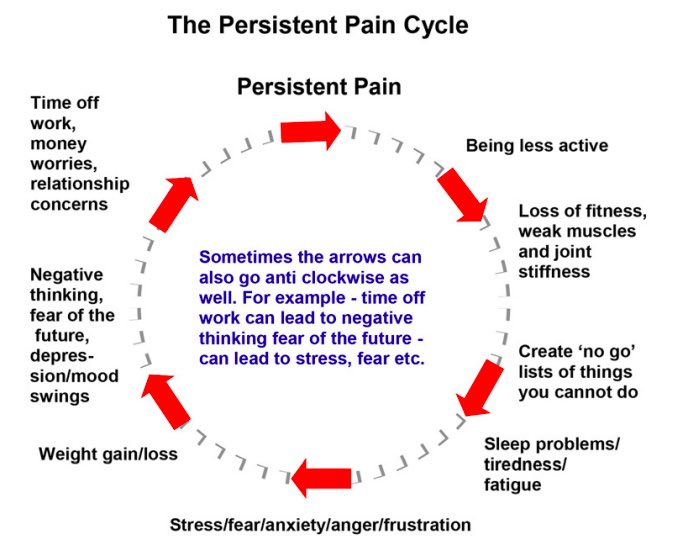 We provide compassionate care to address the emotional, career, and relationship needs of children, teens, adults, families, and couples.
We provide compassionate care to address the emotional, career, and relationship needs of children, teens, adults, families, and couples.
Therapy services are offered in person throughout Houston and Sugar Land, TX. Therapy is also offered online in multiple states throughout the US.
TAKE
THE NEXT STEPGET OUR NEWSLETTER
"*" indicates required fields
TAKE A FREE SELF-HELP TEST
The self-tests and quizzes are tools to help you with mental, emotional, career and relationship wellness.
Get Started
BOOK AN APPOINTMENT
Schedule an appointment with a Counselor. Scheduling is flexible and convenient.
Schedule Now
(832) 559-2622
AS
FEATURED INOUR
LOCATIONSHEIGHTS LOCATION
5225 Katy Fwy, Suite 103,
Houston, TX 77007
MONTROSE LOCATION
1501 Crocker Street, Suite #2,
Houston, TX 77019
SUGAR LAND LOCATION
12930 Dairy Ashford Rd. ,
,
Suite 103, Sugar Land, TX 77478
ONLINE THERAPY
AVAILABLE INContact Info
Call Us: 832-559-2622
Text Us: 832-699-5001
© 2010 - 2022, Eddins Counseling Group. All Rights Reserved.
Sitemap XML | Privacy Policy | HIPPA
Quick Links
Client Portal
Online Therapy
Services
Our Team
Groups & Events
Billing/Statements
Follow Us
Scroll To Top7 Strategies to Cope With Emotional Pain
Emotional pain can feel as present and overwhelming as physical pain. Even if challenging, healing is possible.
Painful emotions are real. They exist on a scale of intensity and can come from seemingly small losses to life-altering tragedies.
Depression and grieving can cause you to experience emotional pain, too.
While sadness can be a part of emotional pain, many other persistent emotions are associated with it, including:
- despair
- anguish
- feelings of emptiness
- anger
- hopelessness
Getting through emotional pain can feel unlikely when you’re feeling it intensely.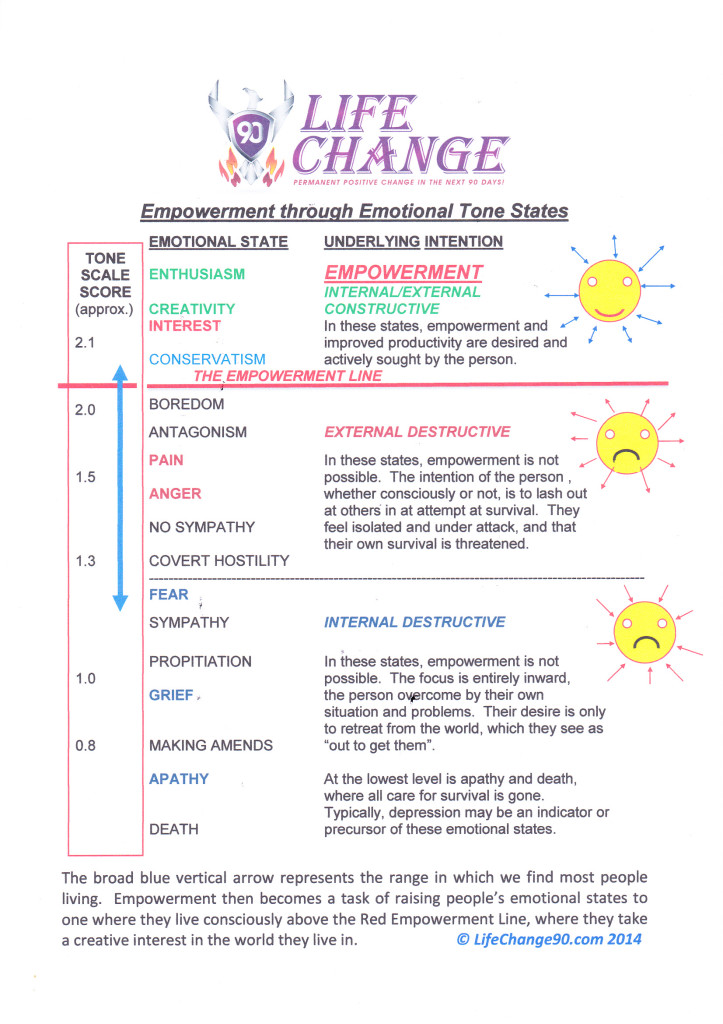 But it’s possible, and you can find relief.
But it’s possible, and you can find relief.
Emotional pain is real. What you feel is valid.
Research from 2020 suggests emotional pain activates the same regions of the brain that are associated with physical pain. The experience is very similar to injuring your body.
Just as you might consider seeing a healthcare team when physical pain becomes unbearable, sometimes emotional pain requires the same level of assessment.
Speaking with a professional can help when painful emotions:
- make it challenging to complete daily tasks
- interrupt joyous occasions
- impair basic levels of function
- impact your relationship with yourself and others
Support is available.
In addition to professional help, you can also implement techniques that help you deal with emotional pain as you experience it.
The idea is to try to focus on the things you can control or how you might address pain as it happens.
1. Try to avoid false beliefs that lead to more suffering
According to Steven M.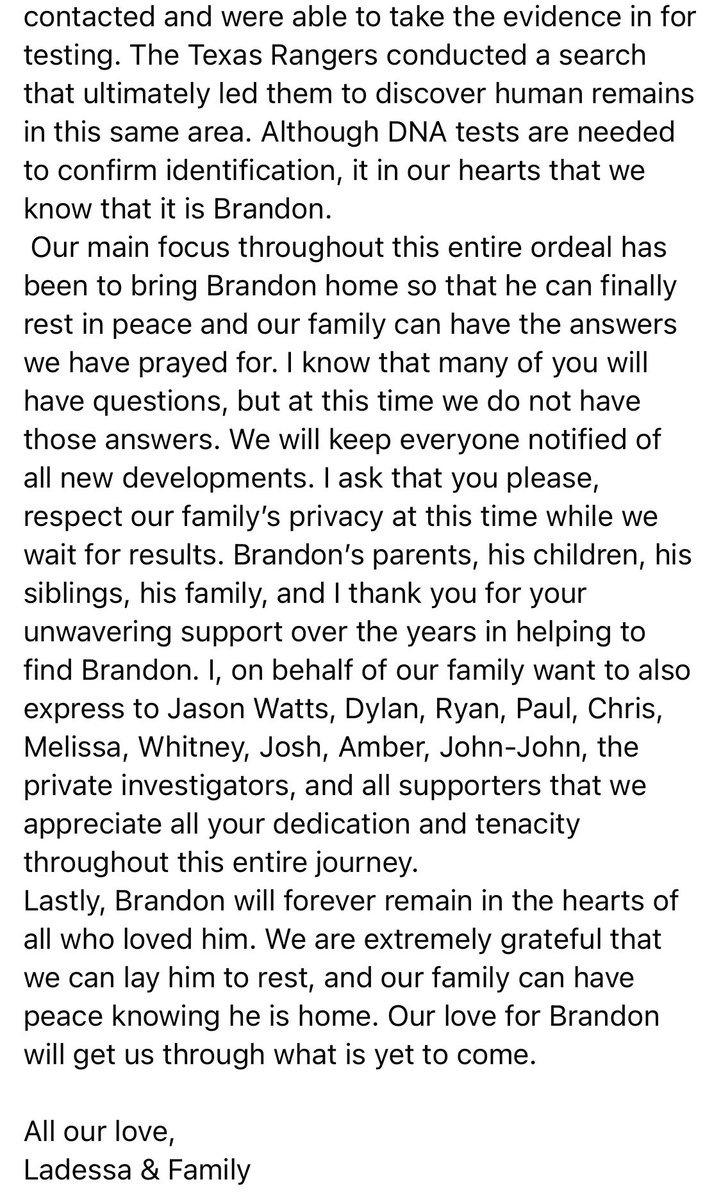 Sultanoff, a clinical psychologist and professor from Irvine, California, sadness can evolve into intense emotional pain or depression when a loss is followed by negative thoughts.
Sultanoff, a clinical psychologist and professor from Irvine, California, sadness can evolve into intense emotional pain or depression when a loss is followed by negative thoughts.
Sultanoff calls these thoughts “after the comma” beliefs because they tend to form after the event that led you to hurt.
“With the death of your partner, you think, ‘My life will never be the same,’” he says. This, indeed, can be true for you, and it’s a natural reaction to a significant loss.
But sometimes, your thoughts can fuel your emotional distress if you rely on assumptions or generalizations that may not be based on evidence.
For example, thinking that you can never be happy again might be what you feel at the moment, and it’s valid. But this is something you don’t know will happen.
Sultanoff explains that dwelling on this type of thought could lead you to experience even more intense emotional pain.
By becoming aware and reassessing the negative thoughts that come from your pain, you may be able to cope.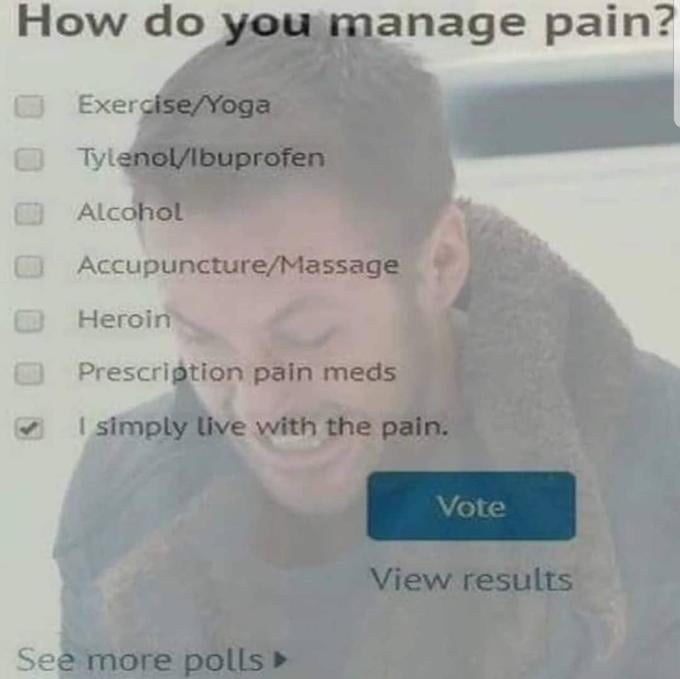
2. Putting a name to what you’re feeling may offer relief
Putting feelings into words, often referred to as “labeling,” may help diminish the intensity of negative emotions.
A 2007 brain imaging study, part of a series of research efforts into the benefits of labeling emotions, found that expressing what you feel in words activates areas of the brain that can slow down the emotional cascade.
Try labeling emotions in spaces such as:
- private conversations with friends and family
- sharing your experiences with a support group
- talking to your pet
- journaling
The idea is that you describe how you feel as much as possible. For example, you could say, “My chest is heavy, and I feel vulnerable and confused.”
You might also want to ask others to help you create a circle of grief. This can allow you to vent while getting the support you need.
3. Consider mindfulness-based practices
Mindfulness is being fully present and aware of yourself and your surroundings.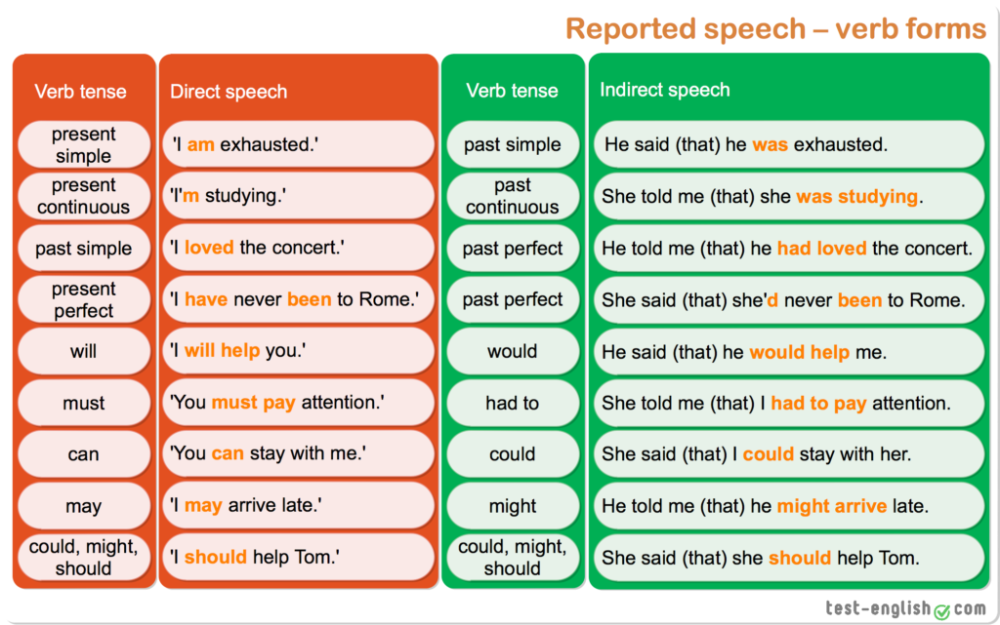 The concept can be applied to various everyday activities, from meditation to eating.
The concept can be applied to various everyday activities, from meditation to eating.
When you’re feeling emotional pain, you can acknowledge the thoughts and behaviors you’re experiencing. Then, try letting them go calmly.
Overall, research suggests a correlation between cultivating mindfulness in your life and maintaining a sense of mental well-being.
As it relates to managing physical and emotional pain, mindfulness has been identified as an effective method to handle both.
You can practice mindfulness at your own pace during key moments of the day, such as:
- waking up
- sitting by yourself
- completing any task
- waiting (at a doctor’s office, traffic light, making morning coffee)
This means that you’d focus on what surrounds you in the moment or on every detail of what you’re doing. This helps keep at bay thoughts that may fuel your emotional pain.
As part of your mindfulness practice, you can also try grounding exercises. These can help you step away from negative thoughts and intense emotional pain to focus for a moment on your physical sensations.
These can help you step away from negative thoughts and intense emotional pain to focus for a moment on your physical sensations.
Painful emotions aren’t always relentlessly intense. You may feel less distressed for periods only to become overwhelmed again when you face painful reminders.
“Emotional pain […] can occur whenever reality fails to live up to the hopes many people entertain over time,” says Romeo Vitelli, a psychologist in Toronto and consultant for Mom Loves Best.
“Major life crises, [like the] death of a family member, divorce or breakup, job loss, or even day-to-day hassles, can all contribute to emotional pain over time,” he adds.
Sometimes emotional pain can’t be easily managed with everyday coping strategies. Vitelli recommends considering more structured approaches to managing emotional pain in the long run.
1. Guided mindfulness
Besides engaging in mindfulness exercises, consider seeking the support of a professional setting. The help of a mindfulness or mental health expert can support your healing process.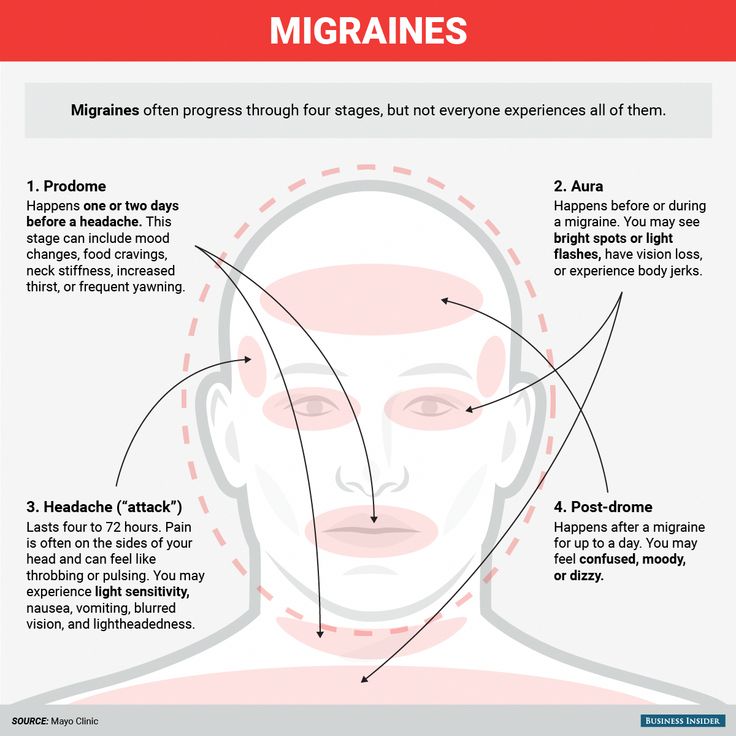
These mental health therapy approaches may help you practice guided mindfulness to release and overcome emotional pain:
- acceptance and commitment therapy (ACT)
- mindfulness-based stress reduction (MBSR)
- mindfulness-based cognitive therapy (MBCT)
- group meditation
2. Traditional therapy approaches
In addition to guided mindfulness interventions, you may also benefit from other forms of mental health support.
Vitelli notes cognitive behavioral therapy (CBT) and emotionally focused therapy (EFT) are two effective options for managing emotional pain.
CBT is “usually considered the gold standard for most therapists,” Vitelli says. “[It] can help people [with] emotional pain work through their dysfunctional beliefs and develop healthier ways of thinking.”
Depending on the cause of your emotional pain, some medications such as antidepressants and mood stabilizers may also help you manage your emotions.
“It is typically a short-term solution for most people as they develop better-coping methods,” says Vitelli.
3. Lifestyle medicine
Lifestyle medicine refers to addressing core life habits that can help improve physical and psychological health.
It’s a concept generally consisting of practices that encourage:
- balanced eating
- active living
- weight management
- emotional regulation
A large body of research supports the benefits of lifestyle medicine.
Sultanoff and Vitelli also recommend it to work through emotional pain.
“Exercise regularly,” says Vitelli. “While this isn’t always an option for people dealing with physical pain, physiotherapy classes, aqua fitness, and other forms of healthy exercise recommended by your doctor can help with emotional pain as it occurs.”
You can incorporate aspects of lifestyle medicine through activities such as:
- yoga
- meditation
- dance
- aromatherapy
- movement classes
- aerobic activity
- strength and conditioning
If you would like guided options for lifestyle medicine, consider discussing the topic with:
- physicians
- dieticians
- social workers
- behavioral therapists
- lifestyle coaches
- fitness coaches
4.
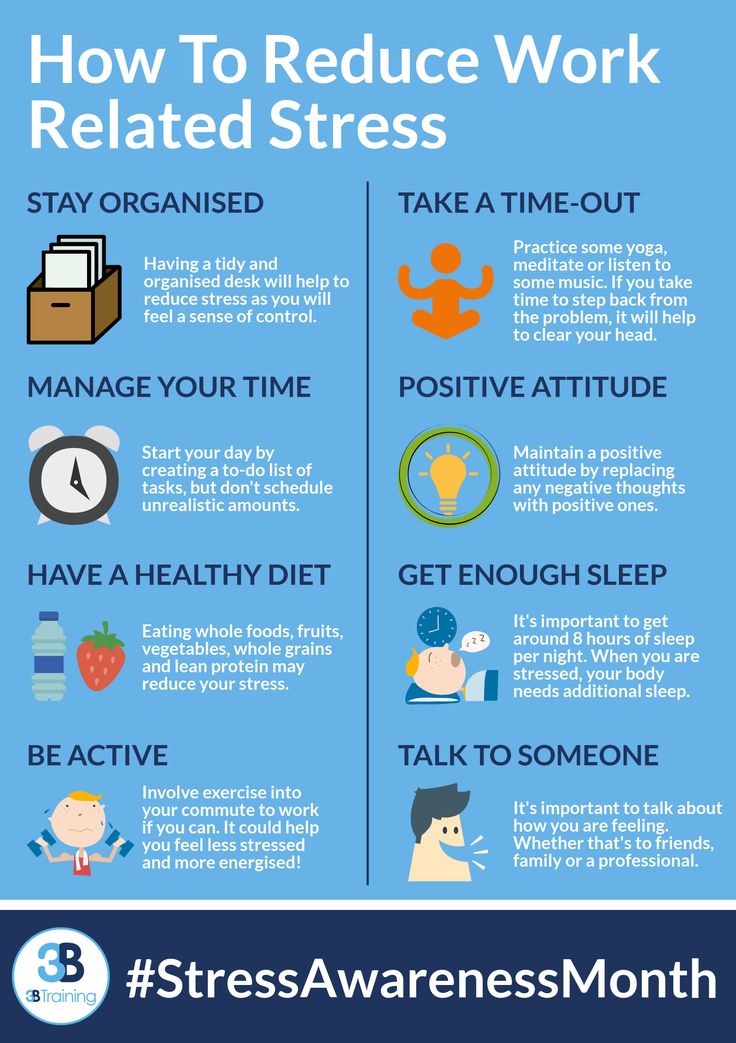 Sense of humor
Sense of humor“Research supports that the experience of humor reduces emotional pain as it shifts how one feels, how one thinks, and creates bonds with others,” Sultanoff says. “There is strong evidence that three interventions of humor (emotional, cognitive, and social) reduce emotional pain.”
Laughing doesn’t mean you’re disregarding or disrespecting your pain or its cause. Try to look at it as medication to soothe your soul.
Humor and its therapeutic applications have been the source of study for decades.
Research has repeatedly found that humor increases physical pain tolerance through distraction. It also relieves psychological pain by reducing anxiety and preventing negative “after the comma” thoughts, also known as catastrophizing.
You might feel that humor is the last thing you can handle at the moment. That’s natural. However, consider “faking it until you make it.” You could start by exposing yourself to humorous situations or surrounding yourself with humorous people.
Emotional pain often goes beyond sadness and may involve other negative emotions such as despair, hopelessness, and anger.
Sometimes, managing emotional pain depends on what caused it. Grieving pain can sometimes decrease on its own with time. Other types of pain may require professional support.
Self-care can help you heal emotional pain. You can try learning mindfulness and grounding exercises, requesting support from friends, and labeling your emotions.
For long-term emotional pain, you may want to consider seeking the help of a professional who can support you with therapy techniques and medications.
how to relieve heartache and live happily? — 7spsy
08/05/2019 Author: Psychologist Pavel Horoshutin
“I don’t even know how to describe what I felt. Well, what could I say? "Something I'm in a lousy mood." But it's not even close to what it was in reality. It's like a funnel inside. Huge, constantly buzzing, sucking everything that happens around.
Any joy sucks and leaves only pain and emptiness. Such pain that you want to scratch your chest and grab it, squeeze it so that it doesn’t hurt. Thoughts of only one thing, this fucking pain. Also, when will this all end? How to drown out such mental pain at least a little? And desire one. To live until the evening to go to bed. Sleep is the only salvation. I guess I still haven't really recovered."
— Marina, 34 years old
Mental pain can cause very severe suffering. Alas, relatives and friends cannot always support us, especially if the reason, in their opinion, is insignificant or not obvious. Instead of sympathy, you can run into accusations in the style of “you are mad with fat, there are children in Africa who are starving, you have nothing to worry about.” But it does hurt. And accusations often only increase the pain. How to escape from this trap? How to relieve pain and learn to feel joy and happiness again? This is what today's article is about.
Contents:
1.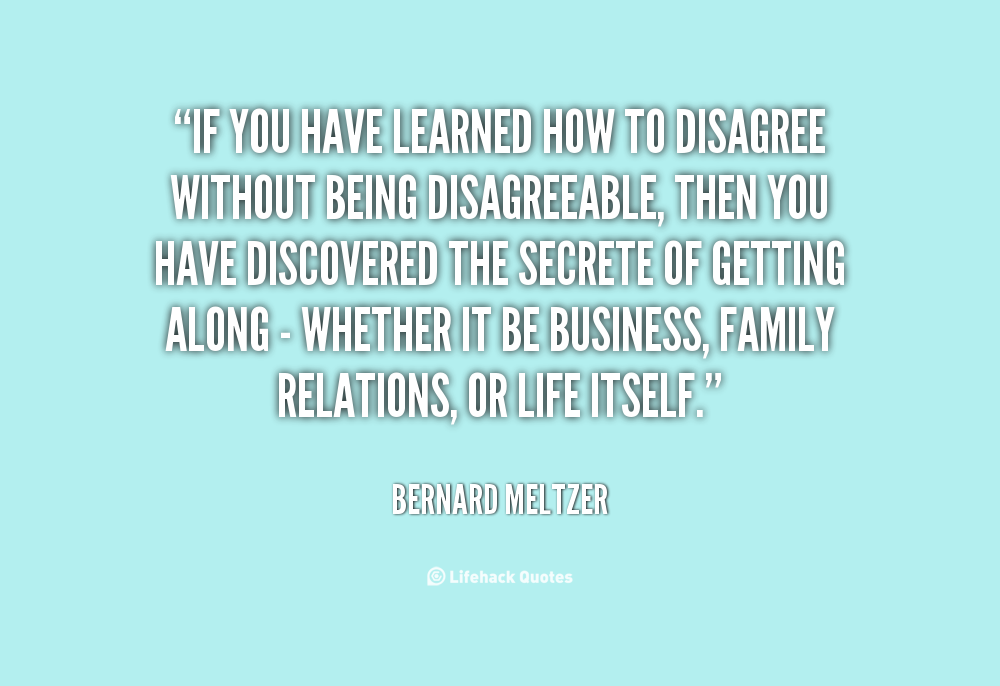 How does mental pain hurt?
How does mental pain hurt?
- Pain can become habitual
- Experiences can lead to physical illness
- Experiences can lead to depression and similar illnesses
2. Why does it hurt so much?
- Causes of mental pain
- Signs of mental pain
3. How to survive mental pain?
When does mental pain become a habit?
4. How do you deal with severe emotional pain?
- You are much stronger than you think
- Find positive moments in what happened
- Be active, do not close yourself in yourself
- Take time for actions, not worries
- Use special help programs
What harms mental pain?
Constant worries in themselves cause discomfort and reduce the quality of life. But there are other, not always obvious consequences of prolonged mental pain.
1. Pain can become habitual
The way we react to circumstances can become habitual.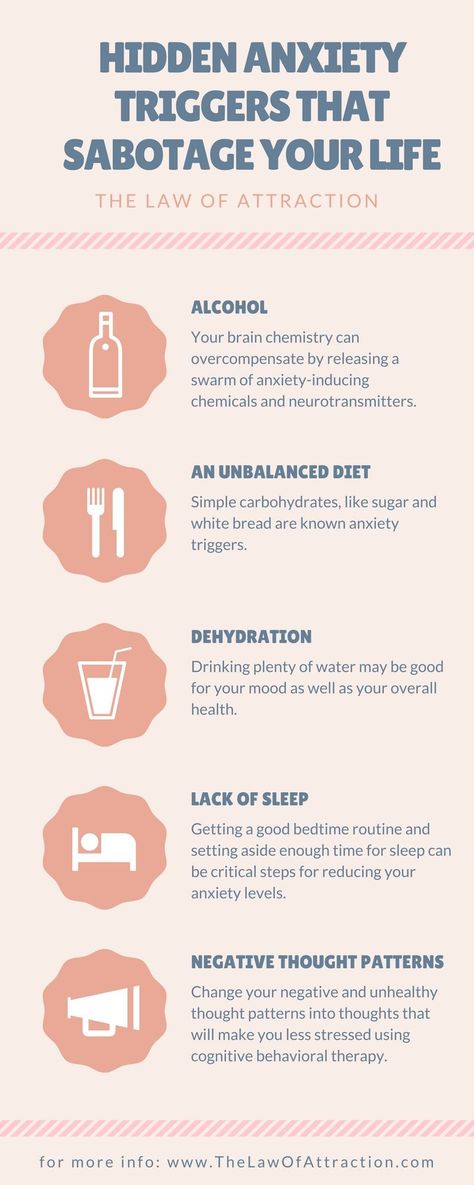 We can habitually give up in case of failures, automatically engage in self-flagellation, out of inertia, worry at the slightest pretext. In fact, the brain gets used to such reactions and builds new neural connections to make it easier to worry and grieve. [1] And the more often and longer we experience and suffer, the easier it is given to us in the future.
We can habitually give up in case of failures, automatically engage in self-flagellation, out of inertia, worry at the slightest pretext. In fact, the brain gets used to such reactions and builds new neural connections to make it easier to worry and grieve. [1] And the more often and longer we experience and suffer, the easier it is given to us in the future.
“I've recently discovered that I'm used to reacting like this, throwing up my hands and worrying, to almost any situation. There was some trifle, and I immediately became discouraged. Although the situation itself is not worth a damn. Well, there, take a certificate to the pool. It is necessary to make a “flyura” and sign up with a therapist. Everything. And I'm like - oh, again I won't get into the pool, what the hell is this, everything is bad again. I sit and suffer. And then such evil took me. I got up, went and did everything. 1.5 hours spent in two visits. This tip has really blown my mind. I started to take care of myself and realized how quickly I give up, because I used to give up quickly.
And I sit and worry that nothing works for me. Of course it doesn’t work, because I don’t even really try. ”
— Olga, 29 years old
2. Experiences can lead to physical illnesses
Prolonged stress — and our strong mental pain is stress — negatively affects the immune system, weakens it. [2] As a result, the body copes with diseases worse, susceptibility to infections increases, and the risk of cardiovascular diseases increases.
3. Experiences can lead to depression and similar illnesses
Prolonged mental pain in both girls and boys can lead to the development of depression, anxiety disorders, post-traumatic stress disorder. [3] These diseases are already difficult to cope with on their own, and most often require psychological and medical support.
Let's solve the problems of apathy and stress
Sign up for a consultation WATCH A VIDEO ABOUT THE SERVICE
Why does it hurt so much?
Ways to relieve pain largely depend on the cause.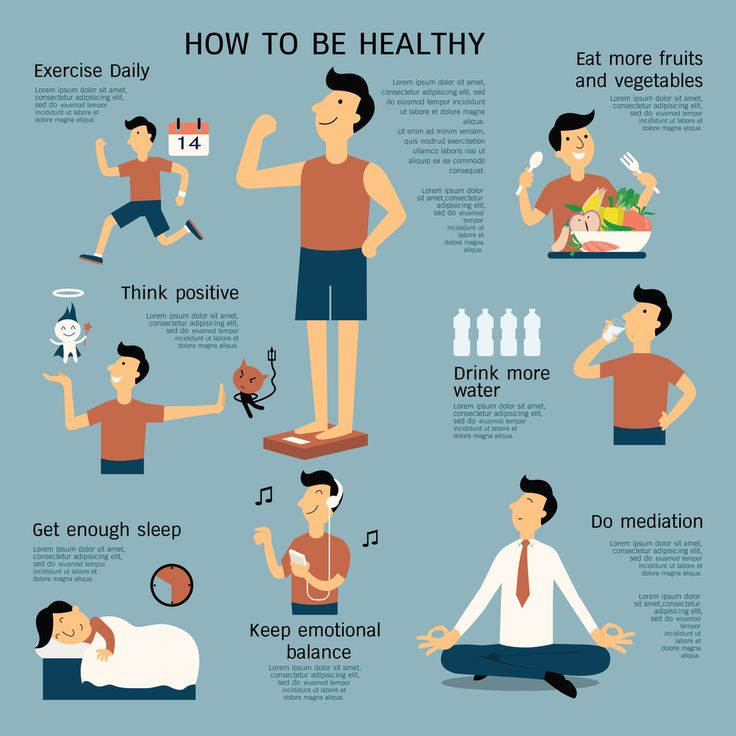 Therefore, first of all, you need to understand why it hurts in you? What or who causes you to hurt so much? Let's name some of the main reasons that lead to feelings and stress.
Therefore, first of all, you need to understand why it hurts in you? What or who causes you to hurt so much? Let's name some of the main reasons that lead to feelings and stress.
Causes of mental pain
All causes can be conditionally divided into 2 groups:
Group 1 - behavioral disorders and mental illness. These include fears, phobias, anxiety or depressive disorder, post-traumatic stress disorder, depersonalization, panic attacks, and other illnesses. These problems may require behavioral therapy, medication support, and psychiatric counseling. Be attentive to yourself and do not miss a serious illness.
“I don't know why I didn't ask for help. I knew that something was wrong with me. Well, it can’t, a person shouldn’t feel bad for a whole year every day. But it always seemed to me that I was inventing what it seemed to me, because a person can’t feel bad all the time ... I was afraid that I would come, and they would say to me: “What have you come for? Go home, feigner, you have nothing.
” And she was at home. I went when it became really bad, when I almost stopped sleeping. And, surprise, I'm not a faker. They gave me treatment. And it turned out that in life there are so many joyful and diverse emotions. And I just didn’t remember any of this…”0003
— Polina, 31 years old
2nd group — psychological reasons, conflicts between desired and reality, grief from loss. This can include separation and divorce, the death of loved ones, any problems in the family, difficulties with work and finances, low self-esteem and self-perception problems, heartache from betrayal, and much more. Conditions in this group can be managed without medication on your own or with the support of a psychologist.
In fact, there are no correct and objectively weighty reasons for experiencing - any events or problems can lead to mental pain. And you shouldn't feel guilty about what you're going through or because your emotions are too strong for someone else's standards.
“It's very difficult for me now. In my case, heartache mixed with resentment. So also friends ... I’ll clarify - former friends - itched all the time. “Forget it, you’re worried about garbage, everything was immediately clear, it’s your own fault, you should have looked better.” And I looked. And there were no signs. And love did not blind my eyes. And on her forehead "I'm cheating on the current with the former" was not written. Not everything can be predicted, and straws cannot be spread everywhere. But it still hurts. I was betrayed twice - by an ex-girlfriend and ex-friends.
— Oleg, 25 years old
Signs of mental pain
Mental pain is often accompanied by mood changes:
- sadness, melancholy;
- agitation, anxiety;
- apathy, depression;
- feeling of loneliness;
- absence of pleasant, “positive” emotions.
Also often mental pain gives very real physical sensations:
- pressure or pain in the head or chest;
- burning sensation in the chest, in the throat;
- feeling of a stone in the chest, heaviness on the shoulders, as if carrying a heavy load;
- abdominal pain or discomfort;
- nausea, dizziness, palpitations.

Mental pain or pain in the heart can be very severe and cause real suffering. Your feelings are not an illusion and not winding up. This is reality. But you can change this reality, you can help yourself and reduce the intensity of pain.
How to survive emotional pain?
Is there any way to permanently soothe the pain of the soul? Of course not. It is impossible to completely avoid pain. We will inevitably encounter situations that will cause us discomfort. We are living people and experience emotions that cannot be simply taken and turned off. Yes, this is not necessary. Emotions, including negative ones, help us adapt to difficult situations and accept the inevitable [4], and facing difficulties can help us become better and stronger.
“Very hot topic! Not so long ago, I had strong changes in my life, and I cried for a couple of days, and then it became so easy, as simple as it had never been. People try to feel sorry for me, they say: “Poor thing, how did you get rid of mental pain? Is it really hard for you?” “On the contrary, I feel strength and energy, gratitude for life.
”
— Yana, 22 years old
How is this possible? Studies show that many people experience post-traumatic growth as a result of facing difficult situations — losses, military actions, injuries and illnesses, accidents or dangerous situations in which they accidentally survived [5]:
- become stronger and more stable in the psychological sense;
- increased self-confidence;
- begin to appreciate what they have more;
- their relations with their relatives improve;
- they begin to see opportunities for their development.
There is only one "but" - this growth and development does not happen if we get stuck in negative emotions, if we think that we cannot cope with the situation. Experiences begin to accompany us constantly, absorb, occupy our whole life. Therefore, it is so important to be able to properly live the pain and not turn it into a habit.
When does mental pain become a habit?
How to understand that experiences get out of control and begin to turn into a habit? There are 5 signs that may alert you:
- It is difficult for you to get distracted, switch to something else.
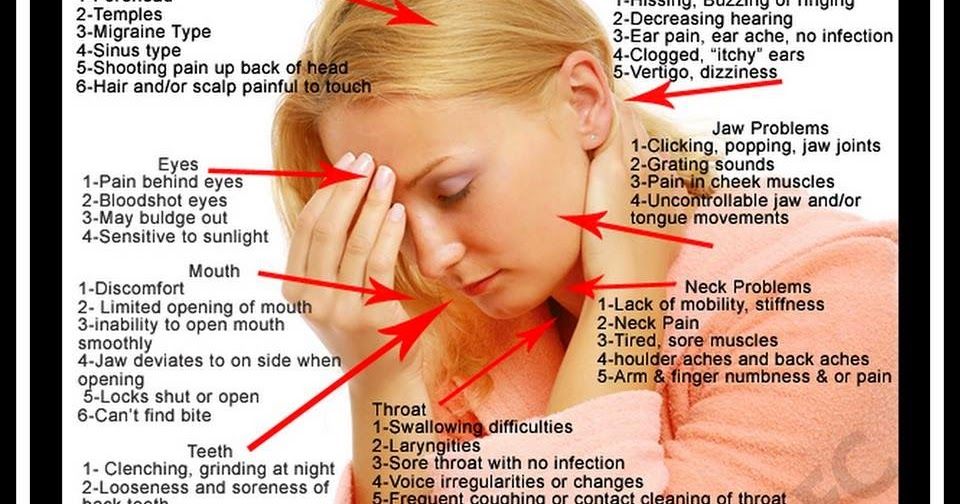
- Your mental experiences last too long according to your own feelings.
- You experience almost no joy in life.
- You feel like this will never end.
- You feel like you can't deal with this pain on your own.
If you have 2 or more symptoms, please do not wait for the pain to go away. Help her calm down.
How to deal with severe emotional pain?
If you can change a situation that causes suffering, then this is where you need to start. For example, if you have conflicts at work, plan a job change or try to get along with colleagues. If you are concerned about your self-esteem, pay attention to improving it. And so on. However, there are situations that we cannot change: divorce, loss of a loved one, betrayal. In this case, you should pay attention to your experiences. There are several ways to reduce their intensity and relieve pain.
1. You are much stronger than you think
Confidence that you will definitely have to feel bad and for a long time forms the habit of negatively evaluating events and prolongs the experience.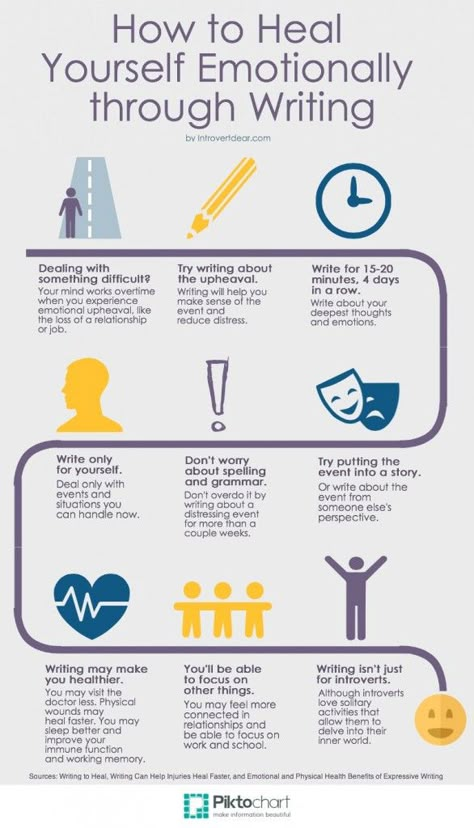 In fact, the psyche is more like an elastic band than a fragile vase - it can bend, but then return to its previous level. Trust that you will get through this situation, even if it seems unrealistic right now.
In fact, the psyche is more like an elastic band than a fragile vase - it can bend, but then return to its previous level. Trust that you will get through this situation, even if it seems unrealistic right now.
2. Find positive things in what happened
An important condition for post-traumatic growth. [6] In any situation, you can see what makes you stronger or better. This does not mean that you should rejoice in your grief. What happened is painful. But this situation can help you understand yourself better. For example, miraculously avoiding death, you can learn to appreciate every day. Having parted with your loved one, direct your forces to your own development. Having avoided an attack, make sure of your own strength and stamina. And so on.
3. Be active, don't shut yourself up
There is no need to avoid socializing and lock yourself up at home. Heartache from love or loneliness is better relieved if you actively interact and communicate with other people.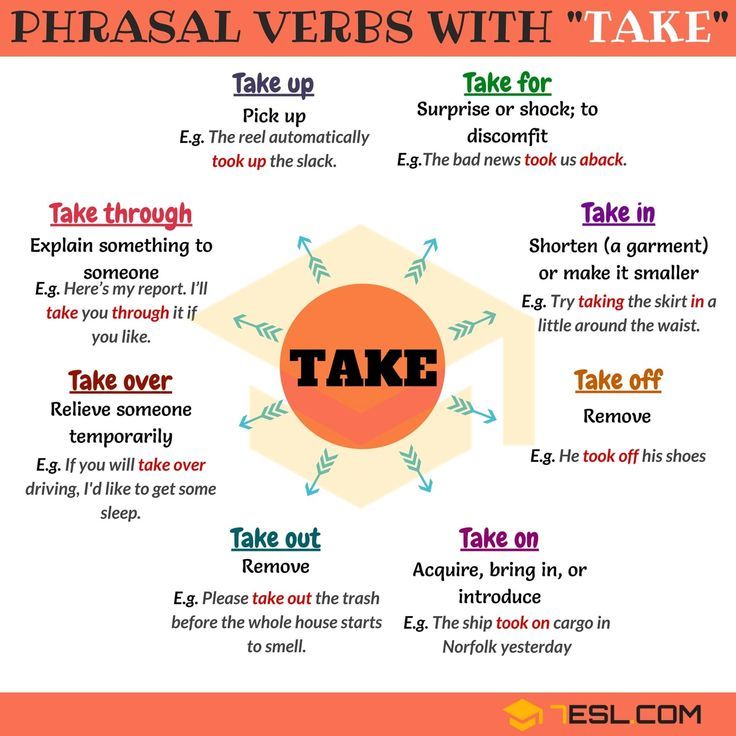 Any group physical activity [7], volunteering and helping other people will do.
Any group physical activity [7], volunteering and helping other people will do.
4. Make Time for Actions, Not Worries
Research shows that focusing on your experiences makes a person feel worse and deprives him of vitality. [8] In contrast, shifting the focus of attention to actions helps to relieve mental pain. You shouldn’t completely forget about your feelings, but it’s better to think not about what it’s all for you, but about what to do next and what to do.
“I had just that case when instead of “how strong and resilient I am, I’m great that I didn’t lose my head and coped, and only thanks to myself I escaped from the rapist” I slipped into “poor, unfortunate me, how this happened to me.” Re-evaluation helped a lot to cope with the situation and move on without constant fear. ”
— Alena, 39 years old
5. Take advantage of special assistance programs
Pay attention to programs that help you cope with loss and cope with mental pain. These could be help groups in your city or bereavement programs. The choice will depend on the cause of your experiences.
These could be help groups in your city or bereavement programs. The choice will depend on the cause of your experiences.
For example, if you are looking for ways to deal with the pain of a breakup, then 7Spsy is a course designed to help people who are going through a divorce or breakup. Also in the article at the link there are several more ways that will help you survive separation and reduce mental pain.
If you are experiencing the death of a loved one, then the 7Spsy course will suit you, which will gently help you survive this loss and learn how to live again.
Let's solve the problems of apathy and stress
Book a Consultation WATCH A VIDEO ABOUT THE SERVICE
Both programs are designed to help you cope with loss, reduce heartache, and avoid becoming a habit. And most importantly, you will be able to find the strength in yourself for post-traumatic growth and continue to live a full life.
Remember, not always a person can cope with mental pain.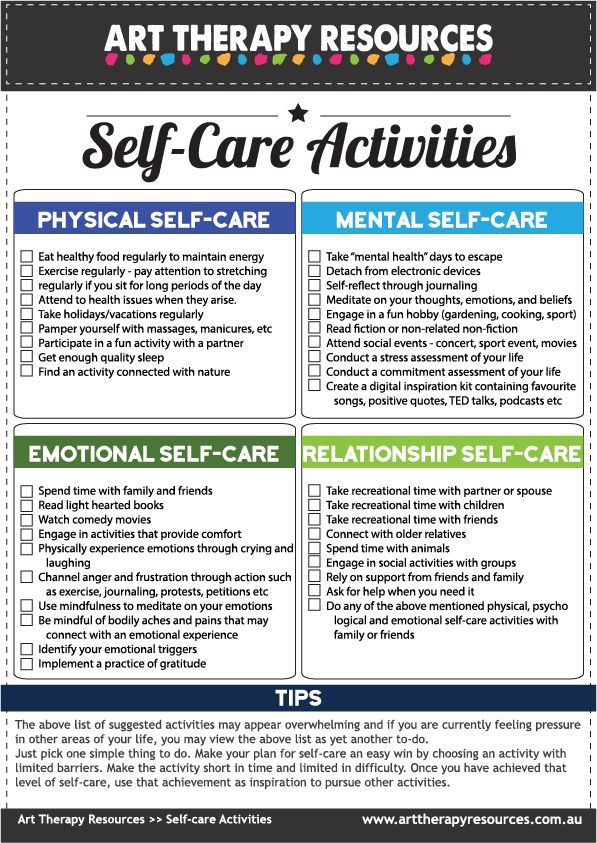 Emotions can prevail over the mind, plunging into suffering. Therefore, if you feel that you cannot cope on your own or do not know how to remove mental pain, take care of yourself and seek help.
Emotions can prevail over the mind, plunging into suffering. Therefore, if you feel that you cannot cope on your own or do not know how to remove mental pain, take care of yourself and seek help.
Sources:
- Suffering is a habit (Yu. I. Aleksandrov, “Fundamentals of Psychophysiology”).
- Stress weakens the immune system (https://www.apa.org/research/action/immune).
- Stress can lead to depression, anxiety and other disorders (https://www.ncbi.nlm.nih.gov/pubmed/28616666).
- Sadness helps you come to terms with loss and reduces burnout (https://www.ahajournals.org/doi/10.1161/circ.138.suppl_2.179).
- Post Traumatic Growth (https://ptgi.uncc.edu/wp-content/uploads/sites/9/2013/01/PTG-Conceptual-Foundts.pdf).
- Conditions for the formation of post-traumatic growth (https://www.tandfonline.com/doi/full/10.1080/15325020
4271).
- Physical activity and socializing improve mental health (https://www.sciencedirect.com/science/article/abs/pii/S1755296616300321).

- Focusing on feelings rather than actions makes you feel worse (https://psycnet.apa.org/record/2017-44262-001).
- 08/05/2019 Parents-trolls: what makes fun of children
- 04/16/2019 6 ways to raise morality in children
- 09/24/2019 Passive smoking: who is responsible?
- 10/24/2019 Relations "on the edge": how to restore trust in each other
- 06/04/2019 Where are the rumors from? Scientists have found out who gossips and how much
- 04/04/2019Nine ways to become bolder
- 11/19/2019 Lavender and sleep. About the benefits of aromatherapy
- 06/04/2019 South Korea discusses the trend of "demonization" of computer games
- 08/23/2019 What to do when everything is bad, or How to deal with negativism
You may be interested
how to relieve heartache and live happily? — 7spsy
08/05/2019 Author: Psychologist Pavel Khoroshutin
“I don’t even know how to describe what I felt.
Well, what could I say? "Something I'm in a lousy mood." But it's not even close to what it was in reality. It's like a funnel inside. Huge, constantly buzzing, sucking everything that happens around. Any joy sucks and leaves only pain and emptiness. Such pain that you want to scratch your chest and grab it, squeeze it so that it doesn’t hurt. Thoughts of only one thing, this fucking pain. Also, when will this all end? How to drown out such mental pain at least a little? And desire one. To live until the evening to go to bed. Sleep is the only salvation. I guess I still haven't really recovered."
— Marina, 34 years old
Mental pain can cause very severe suffering. Alas, relatives and friends cannot always support us, especially if the reason, in their opinion, is insignificant or not obvious. Instead of sympathy, you can run into accusations in the style of “you are mad with fat, there are children in Africa who are starving, you have nothing to worry about.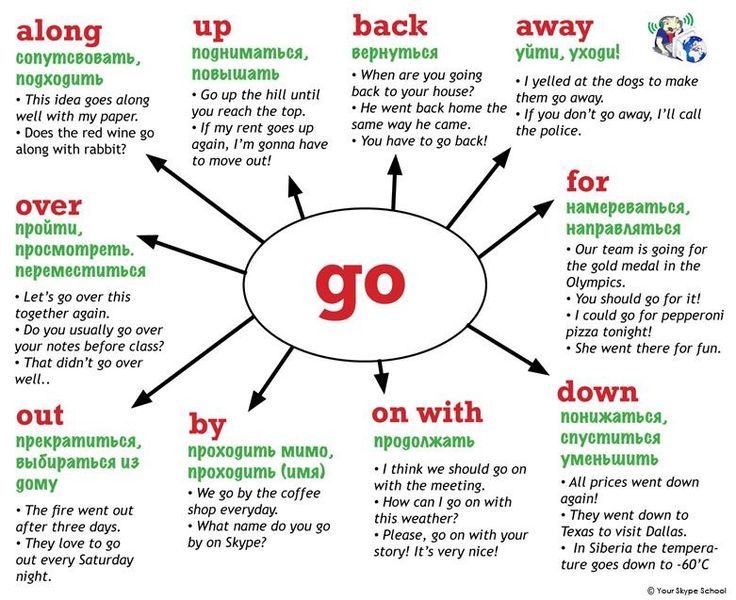 ” But it does hurt. And accusations often only increase the pain. How to escape from this trap? How to relieve pain and learn to feel joy and happiness again? This is what today's article is about.
” But it does hurt. And accusations often only increase the pain. How to escape from this trap? How to relieve pain and learn to feel joy and happiness again? This is what today's article is about.
Contents:
1. How does mental pain hurt?
- Pain can become habitual
- Experiences can lead to physical illness
- Experiences can lead to depression and similar illnesses
2. Why does it hurt so much?
- Causes of mental pain
- Signs of mental pain
3. How to survive mental pain?
When does mental pain become a habit?
4. How do you deal with severe emotional pain?
- You are much stronger than you think
- Find positive moments in what happened
- Be active, do not close yourself in yourself
- Take time for actions, not worries
- Use special help programs
What harms mental pain?
Constant worries in themselves cause discomfort and reduce the quality of life. But there are other, not always obvious consequences of prolonged mental pain.
But there are other, not always obvious consequences of prolonged mental pain.
1. Pain can become habitual
The way we react to circumstances can become habitual. We can habitually give up in case of failures, automatically engage in self-flagellation, out of inertia, worry at the slightest pretext. In fact, the brain gets used to such reactions and builds new neural connections to make it easier to worry and grieve. [1] And the more often and longer we experience and suffer, the easier it is given to us in the future.
“I've recently discovered that I'm used to reacting like this, throwing up my hands and worrying, to almost any situation. There was some trifle, and I immediately became discouraged. Although the situation itself is not worth a damn. Well, there, take a certificate to the pool. It is necessary to make a “flyura” and sign up with a therapist. Everything. And I'm like - oh, again I won't get into the pool, what the hell is this, everything is bad again.
I sit and suffer. And then such evil took me. I got up, went and did everything. 1.5 hours spent in two visits. This tip has really blown my mind. I started to take care of myself and realized how quickly I give up, because I used to give up quickly. And I sit and worry that nothing works for me. Of course it doesn’t work, because I don’t even really try. ”
— Olga, 29 years old
2. Experiences can lead to physical illnesses
Prolonged stress — and our strong mental pain is stress — negatively affects the immune system, weakens it. [2] As a result, the body copes with diseases worse, susceptibility to infections increases, and the risk of cardiovascular diseases increases.
3. Experiences can lead to depression and similar illnesses
Prolonged mental pain in both girls and boys can lead to the development of depression, anxiety disorders, post-traumatic stress disorder. [3] These diseases are already difficult to cope with on their own, and most often require psychological and medical support.
Let's solve the problems of apathy and stress
Sign up for a consultation WATCH A VIDEO ABOUT THE SERVICE
Why does it hurt so much?
Ways to relieve pain largely depend on the cause. Therefore, first of all, you need to understand why it hurts in you? What or who causes you to hurt so much? Let's name some of the main reasons that lead to feelings and stress.
Causes of mental pain
All causes can be conditionally divided into 2 groups:
Group 1 - behavioral disorders and mental illness. These include fears, phobias, anxiety or depressive disorder, post-traumatic stress disorder, depersonalization, panic attacks, and other illnesses. These problems may require behavioral therapy, medication support, and psychiatric counseling. Be attentive to yourself and do not miss a serious illness.
“I don't know why I didn't ask for help. I knew that something was wrong with me. Well, it can’t, a person shouldn’t feel bad for a whole year every day.
But it always seemed to me that I was inventing what it seemed to me, because a person can’t feel bad all the time ... I was afraid that I would come, and they would say to me: “What have you come for? Go home, feigner, you have nothing.” And she was at home. I went when it became really bad, when I almost stopped sleeping. And, surprise, I'm not a faker. They gave me treatment. And it turned out that in life there are so many joyful and diverse emotions. And I just didn’t remember any of this…”0003
— Polina, 31 years old
2nd group — psychological reasons, conflicts between desired and reality, grief from loss. This can include separation and divorce, the death of loved ones, any problems in the family, difficulties with work and finances, low self-esteem and self-perception problems, heartache from betrayal, and much more. Conditions in this group can be managed without medication on your own or with the support of a psychologist.
In fact, there are no correct and objectively weighty reasons for experiencing - any events or problems can lead to mental pain.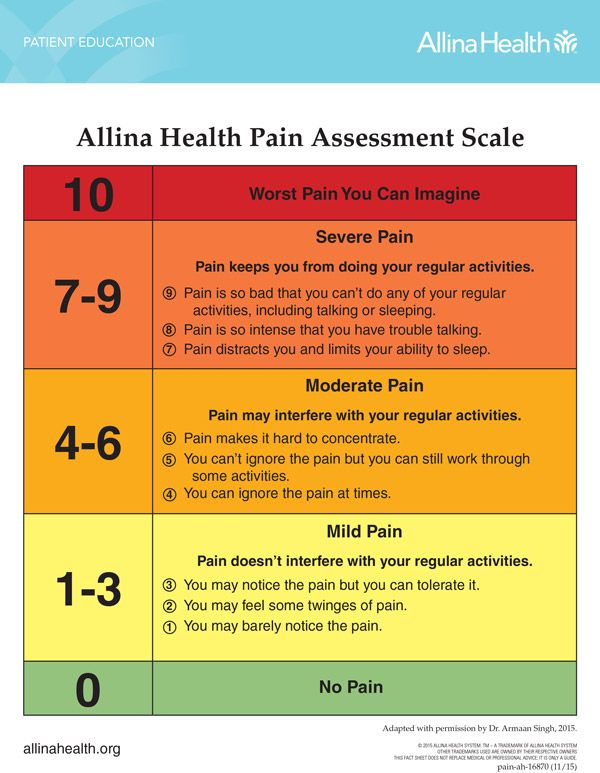 And you shouldn't feel guilty about what you're going through or because your emotions are too strong for someone else's standards.
And you shouldn't feel guilty about what you're going through or because your emotions are too strong for someone else's standards.
“It's very difficult for me now. In my case, heartache mixed with resentment. So also friends ... I’ll clarify - former friends - itched all the time. “Forget it, you’re worried about garbage, everything was immediately clear, it’s your own fault, you should have looked better.” And I looked. And there were no signs. And love did not blind my eyes. And on her forehead "I'm cheating on the current with the former" was not written. Not everything can be predicted, and straws cannot be spread everywhere. But it still hurts. I was betrayed twice - by an ex-girlfriend and ex-friends.
— Oleg, 25 years old
Signs of mental pain
Mental pain is often accompanied by mood changes:
- sadness, melancholy;
- agitation, anxiety;
- apathy, depression;
- feeling of loneliness;
- absence of pleasant, “positive” emotions.
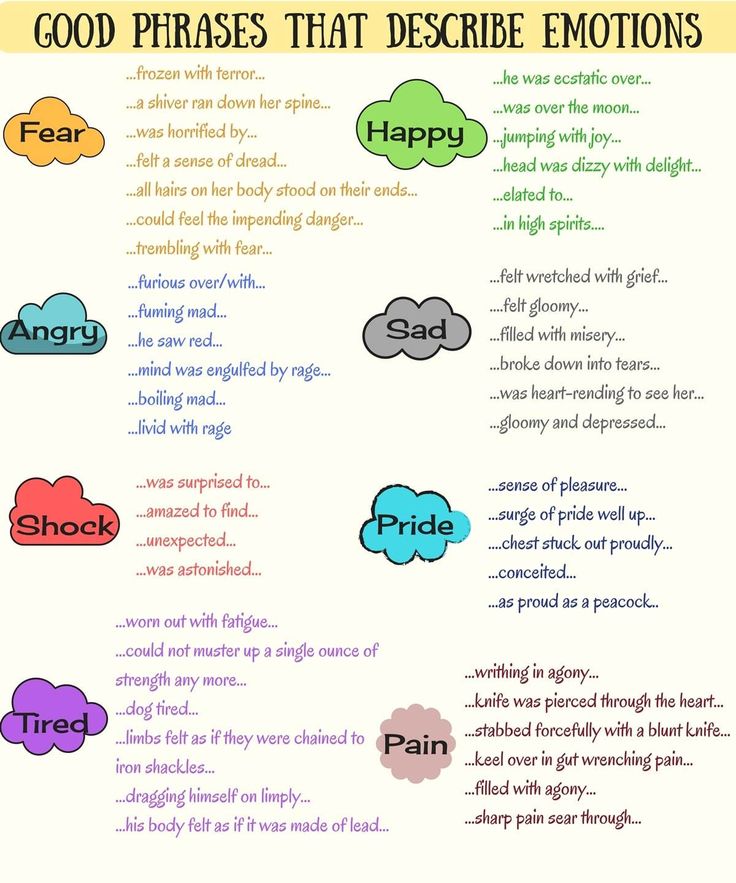
Also often mental pain gives very real physical sensations:
- pressure or pain in the head or chest;
- burning sensation in the chest, in the throat;
- feeling of a stone in the chest, heaviness on the shoulders, as if carrying a heavy load;
- abdominal pain or discomfort;
- nausea, dizziness, palpitations.
Mental pain or pain in the heart can be very severe and cause real suffering. Your feelings are not an illusion and not winding up. This is reality. But you can change this reality, you can help yourself and reduce the intensity of pain.
How to survive emotional pain?
Is there any way to permanently soothe the pain of the soul? Of course not. It is impossible to completely avoid pain. We will inevitably encounter situations that will cause us discomfort. We are living people and experience emotions that cannot be simply taken and turned off. Yes, this is not necessary. Emotions, including negative ones, help us adapt to difficult situations and accept the inevitable [4], and facing difficulties can help us become better and stronger.
“Very hot topic! Not so long ago, I had strong changes in my life, and I cried for a couple of days, and then it became so easy, as simple as it had never been. People try to feel sorry for me, they say: “Poor thing, how did you get rid of mental pain? Is it really hard for you?” “On the contrary, I feel strength and energy, gratitude for life.”
— Yana, 22 years old
How is this possible? Studies show that many people experience post-traumatic growth as a result of facing difficult situations — losses, military actions, injuries and illnesses, accidents or dangerous situations in which they accidentally survived [5]:
- become stronger and more stable in the psychological sense;
- increased self-confidence;
- begin to appreciate what they have more;
- their relations with their relatives improve;
- they begin to see opportunities for their development.
There is only one "but" - this growth and development does not happen if we get stuck in negative emotions, if we think that we cannot cope with the situation. Experiences begin to accompany us constantly, absorb, occupy our whole life. Therefore, it is so important to be able to properly live the pain and not turn it into a habit.
Experiences begin to accompany us constantly, absorb, occupy our whole life. Therefore, it is so important to be able to properly live the pain and not turn it into a habit.
When does mental pain become a habit?
How to understand that experiences get out of control and begin to turn into a habit? There are 5 signs that may alert you:
- It is difficult for you to get distracted, switch to something else.
- Your mental experiences last too long according to your own feelings.
- You experience almost no joy in life.
- You feel like this will never end.
- You feel like you can't deal with this pain on your own.
If you have 2 or more symptoms, please do not wait for the pain to go away. Help her calm down.
How to deal with severe emotional pain?
If you can change a situation that causes suffering, then this is where you need to start. For example, if you have conflicts at work, plan a job change or try to get along with colleagues. If you are concerned about your self-esteem, pay attention to improving it. And so on. However, there are situations that we cannot change: divorce, loss of a loved one, betrayal. In this case, you should pay attention to your experiences. There are several ways to reduce their intensity and relieve pain.
If you are concerned about your self-esteem, pay attention to improving it. And so on. However, there are situations that we cannot change: divorce, loss of a loved one, betrayal. In this case, you should pay attention to your experiences. There are several ways to reduce their intensity and relieve pain.
1. You are much stronger than you think
Confidence that you will definitely have to feel bad and for a long time forms the habit of negatively evaluating events and prolongs the experience. In fact, the psyche is more like an elastic band than a fragile vase - it can bend, but then return to its previous level. Trust that you will get through this situation, even if it seems unrealistic right now.
2. Find positive things in what happened
An important condition for post-traumatic growth. [6] In any situation, you can see what makes you stronger or better. This does not mean that you should rejoice in your grief. What happened is painful. But this situation can help you understand yourself better. For example, miraculously avoiding death, you can learn to appreciate every day. Having parted with your loved one, direct your forces to your own development. Having avoided an attack, make sure of your own strength and stamina. And so on.
For example, miraculously avoiding death, you can learn to appreciate every day. Having parted with your loved one, direct your forces to your own development. Having avoided an attack, make sure of your own strength and stamina. And so on.
3. Be active, don't shut yourself up
There is no need to avoid socializing and lock yourself up at home. Heartache from love or loneliness is better relieved if you actively interact and communicate with other people. Any group physical activity [7], volunteering and helping other people will do.
4. Make Time for Actions, Not Worries
Research shows that focusing on your experiences makes a person feel worse and deprives him of vitality. [8] In contrast, shifting the focus of attention to actions helps to relieve mental pain. You shouldn’t completely forget about your feelings, but it’s better to think not about what it’s all for you, but about what to do next and what to do.
“I had just that case when instead of “how strong and resilient I am, I’m great that I didn’t lose my head and coped, and only thanks to myself I escaped from the rapist” I slipped into “poor, unfortunate me, how this happened to me.
” Re-evaluation helped a lot to cope with the situation and move on without constant fear. ”
— Alena, 39 years old
5. Take advantage of special assistance programs
Pay attention to programs that help you cope with loss and cope with mental pain. These could be help groups in your city or bereavement programs. The choice will depend on the cause of your experiences.
For example, if you are looking for ways to deal with the pain of a breakup, then 7Spsy is a course designed to help people who are going through a divorce or breakup. Also in the article at the link there are several more ways that will help you survive separation and reduce mental pain.
If you are experiencing the death of a loved one, then the 7Spsy course will suit you, which will gently help you survive this loss and learn how to live again.
Let's solve the problems of apathy and stress
Book a Consultation WATCH A VIDEO ABOUT THE SERVICE
Both programs are designed to help you cope with loss, reduce heartache, and avoid becoming a habit.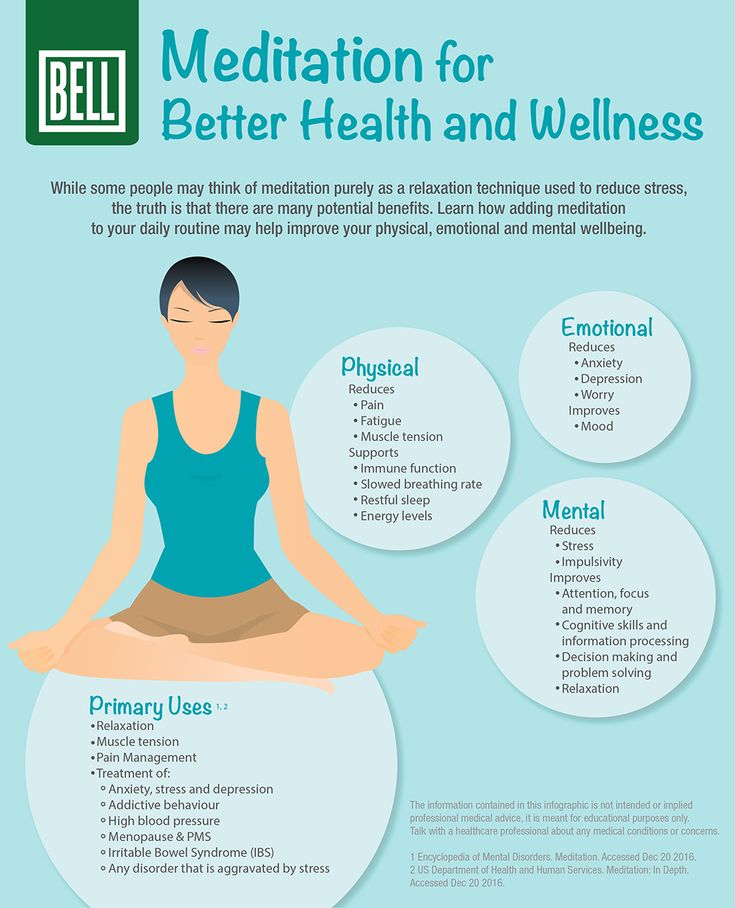 And most importantly, you will be able to find the strength in yourself for post-traumatic growth and continue to live a full life.
And most importantly, you will be able to find the strength in yourself for post-traumatic growth and continue to live a full life.
Remember, not always a person can cope with mental pain. Emotions can prevail over the mind, plunging into suffering. Therefore, if you feel that you cannot cope on your own or do not know how to remove mental pain, take care of yourself and seek help.
Sources:
- Suffering is a habit (Yu. I. Aleksandrov, “Fundamentals of Psychophysiology”).
- Stress weakens the immune system (https://www.apa.org/research/action/immune).
- Stress can lead to depression, anxiety and other disorders (https://www.ncbi.nlm.nih.gov/pubmed/28616666).
- Sadness helps you come to terms with loss and reduces burnout (https://www.ahajournals.org/doi/10.1161/circ.138.suppl_2.179).
- Post Traumatic Growth (https://ptgi.uncc.edu/wp-content/uploads/sites/9/2013/01/PTG-Conceptual-Foundts.pdf).
- Conditions for the formation of post-traumatic growth (https://www.
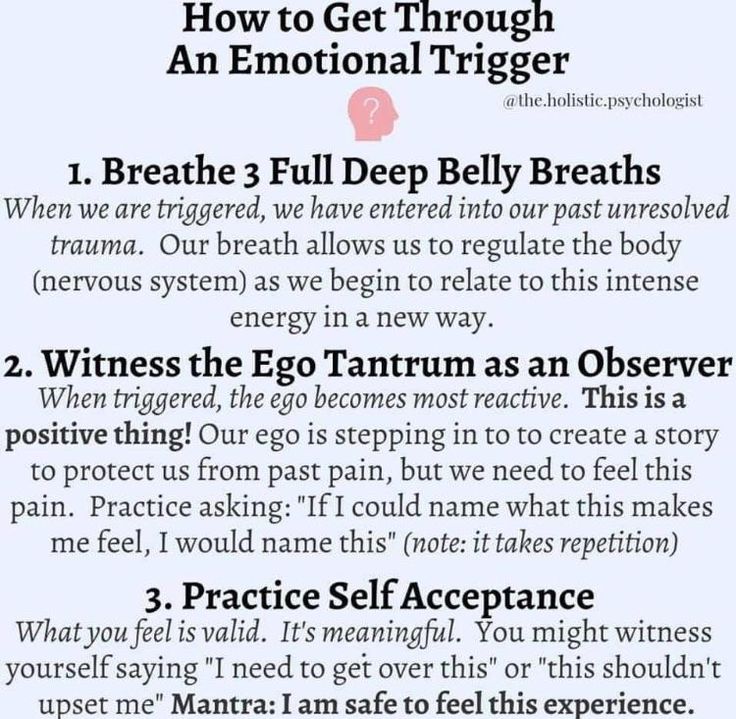
Learn more
